
Newsroom
American Equitech Scholar traces her journey from the humanities to civic tech
Apr 10, 2023
5 min read
Montserrat "Montse" Madrigal was part of the inaugural class of Equitech Scholars in 2021. While studying English at Bowdoin College in the northeastern United States, Montse noticed much of the science fiction she was reading tended to focus on the negative aspects of technology. Stories of robots taking over the world, for instance, seemed to paint all technological innovation in a bad light. She worried the fear of technology in this literature was out of proportion. Upon finding Equitech Futures, Montse was drawn to the idea of trying to foster using technology for good.
“I liked coding, technology, and data, but I didn’t know what to expect of the Equitech Scholars program. It sounded too good to be true. I wanted to be part of it,” she says. “The people who are running this program truly care about the future of technology. It is such a diverse cohort, and I’m not used to seeing this.”

After the Equitech Scholars program, Montse first applied her data skills in a COVID-19 testing lab in southern California. But last year, she moved across the country to Chicago to join the Center for Tech & Civic Life, a nonprofit which uses technology to help make election data more accessible for voters in the United States. She works as a Data Research Associate, collecting, cleaning, and analyzing data to ensure candidate information online is correct. All the data she and her team gather is given to Google and Facebook and is then used to protect against fake news. Google also helps make this data more accessible. When citizens search for information about upcoming elections in the United States, Montse’s data is prominently found. Her team works to make information about candidates as transparent as possible, specifically on vote.org.
With the Center for Tech & Civic Life, Montse also collects demographics such as race, ethnicity, and gender data to analyze candidate information. Her most recent advocacy involved changing the term “Latino/Hispanic” to say “Latin American/Hispanic” rather than the feminine or masculine versions - “Latina” or “Latino” - to promote gender inclusion.
“It was important for me to represent my community, and it’s easy for this to fall through the cracks,” Montse says. “In my head, I was often part of a statistic, but I was never in the room where the conversation about the language was happening. Before I voiced the desire for this change in language, it was going to stay the same. Our data takes into account inclusivity and diversity.” Montse wants to continue to make data more inclusive of gender fluidity. Now that she’s advocated for this change and it has been approved, she is responsible for creating documentation evidence for justification for the company.
“At the end of the day, I’m passionate about data and its accessibility and transparency and the truth. It can be very easy to use data against people to create stereotypes and narratives that can lead to violence, and I want to start thinking about how data can help us as people. I think as a person of color and as a woman, it’s important.”

When asked about how the Equitech Scholars program helped her with this advocacy, Montse says, “I genuinely don’t think Equitech Futures would work without the writing and communication part of it, because I feel like all those components are necessary. Each teacher contributes something that is desperately needed and takes space. With Thomas, I know how to communicate my ideas better, and with Krittika, I know the storytelling that data is capable of. I know more coding in Python thanks to Bhasi. And thanks to Abhilash, I know what Artificial Intelligence is capable of. I can walk around with this little toolbox and apply to whatever job motivates me, hopefully contributing to using data and technology for good. Everything I’ve learned here at Equitech Futures and in my current job will make me a better champion for data to be used for good things.”
Looking to the future, Montse hopes to combine her love for both the humanities and technology in a masters program and wants to use technology to help secure women’s safety. “Violence against women is something I’m very passionate about, and I’d like to see technology used to make people feel safer.” She hopes to continue helping others through data for social impact.
When speaking with other students, her biggest advice is, “I would say give yourself the opportunity to change your mind. The way we have this system of going to school and then getting a job – it’s so linear. We should explore different paths. When we choose to study something, we think we’re going to stick to it. But I changed my mind, and it let me discover something like Equitech Futures. I love that they encouraged me despite not coming with a tech background. Thinking of the different things my peers had to offer, I realize we all benefit from our diverse backgrounds.”
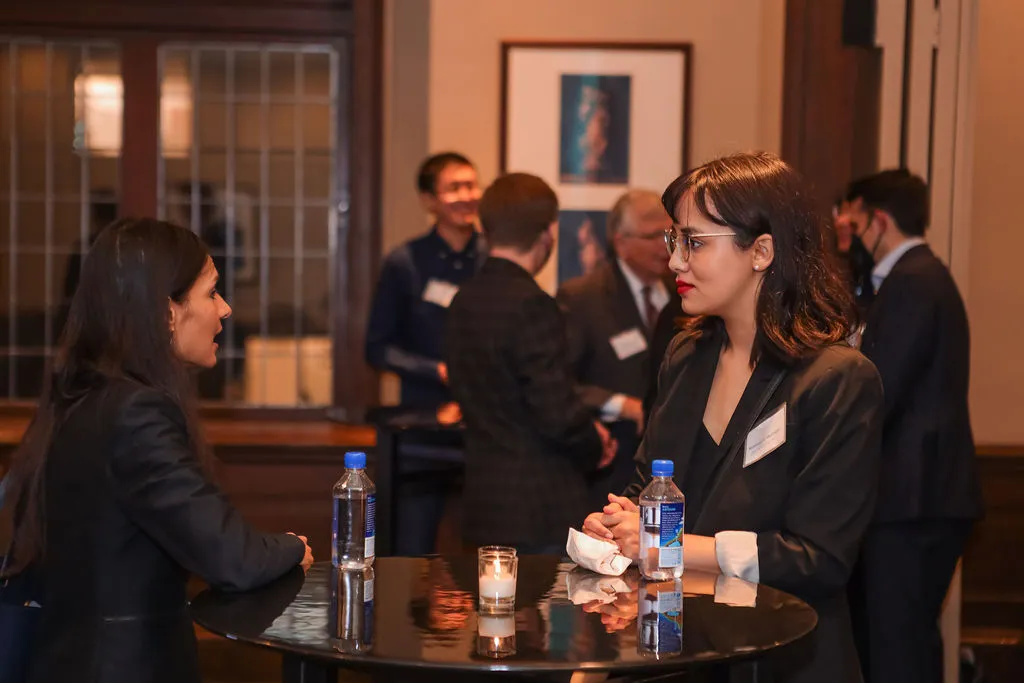
More articles
.webp)
Newsroom
No Innovator Left Behind: How Equitech Futures uses philanthropic capital to maximize impact

Newsroom


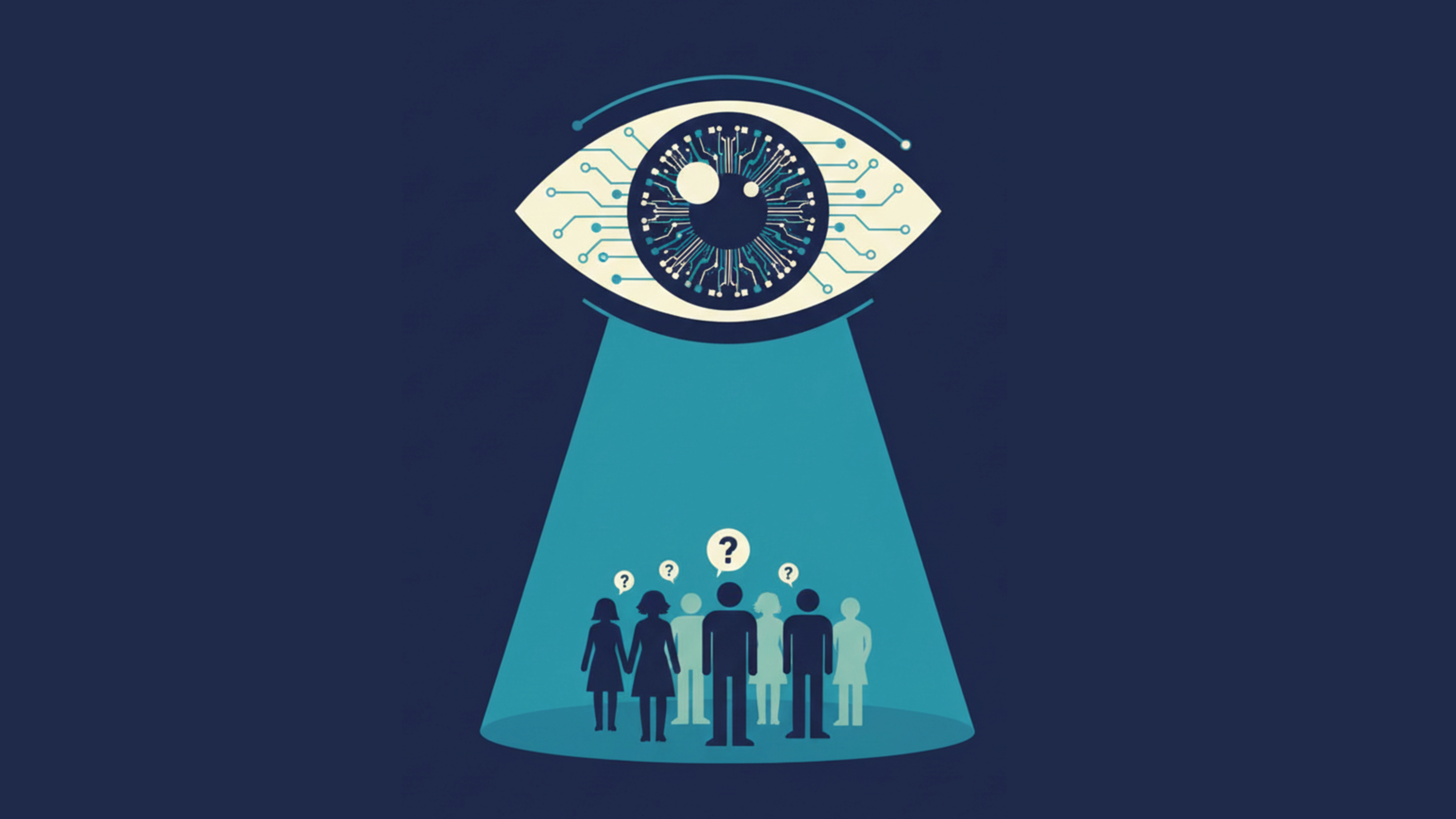
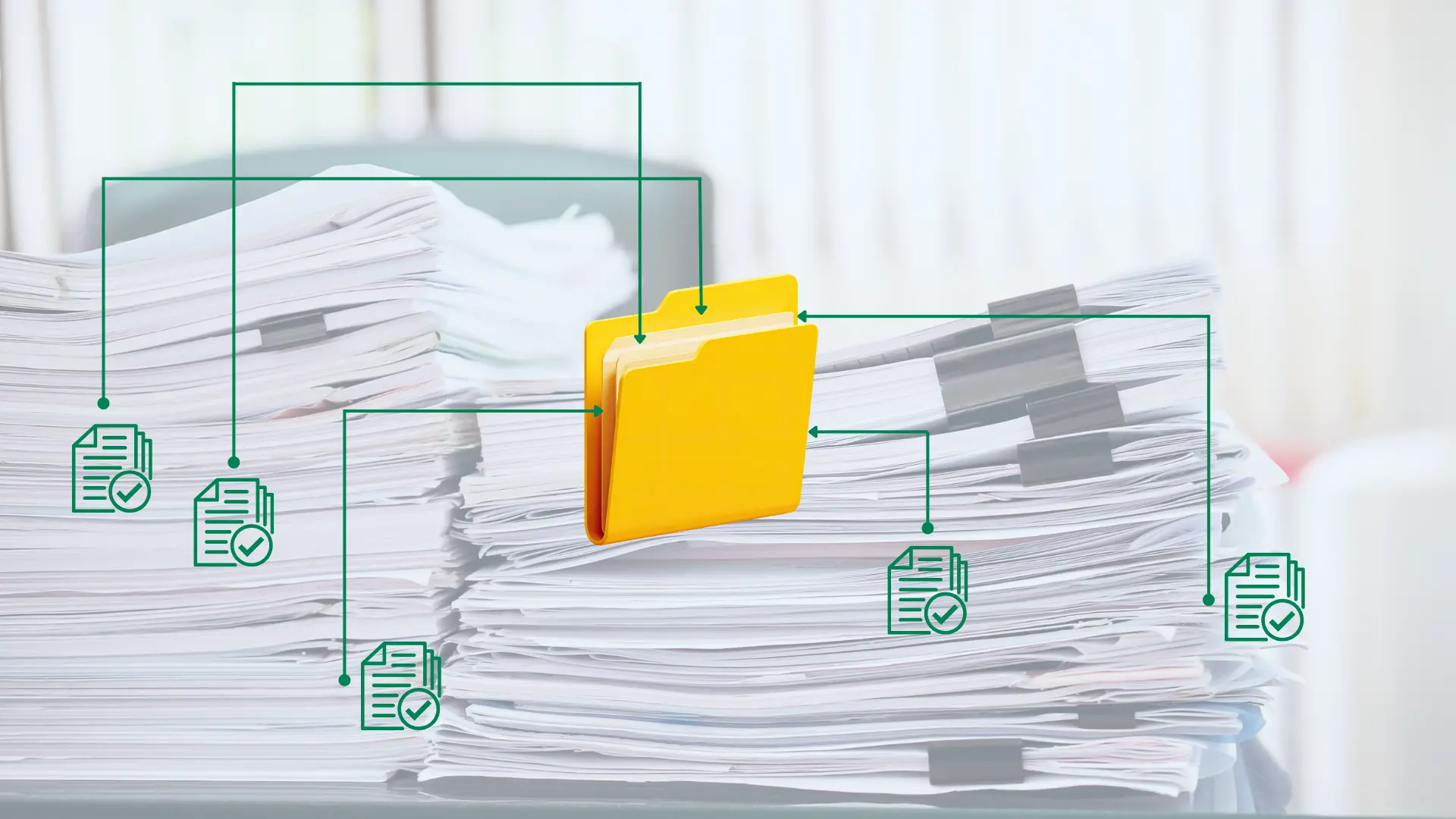
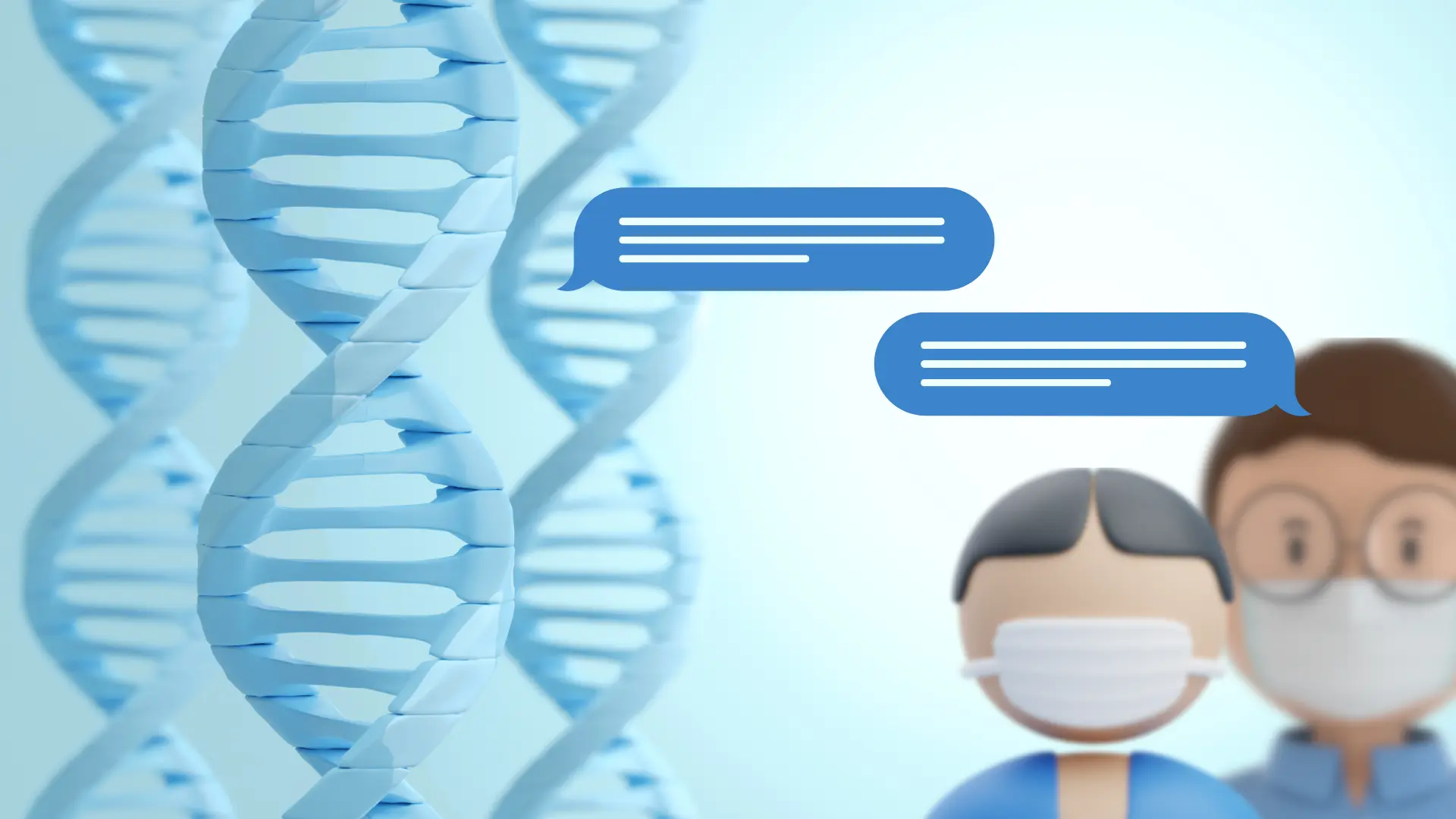

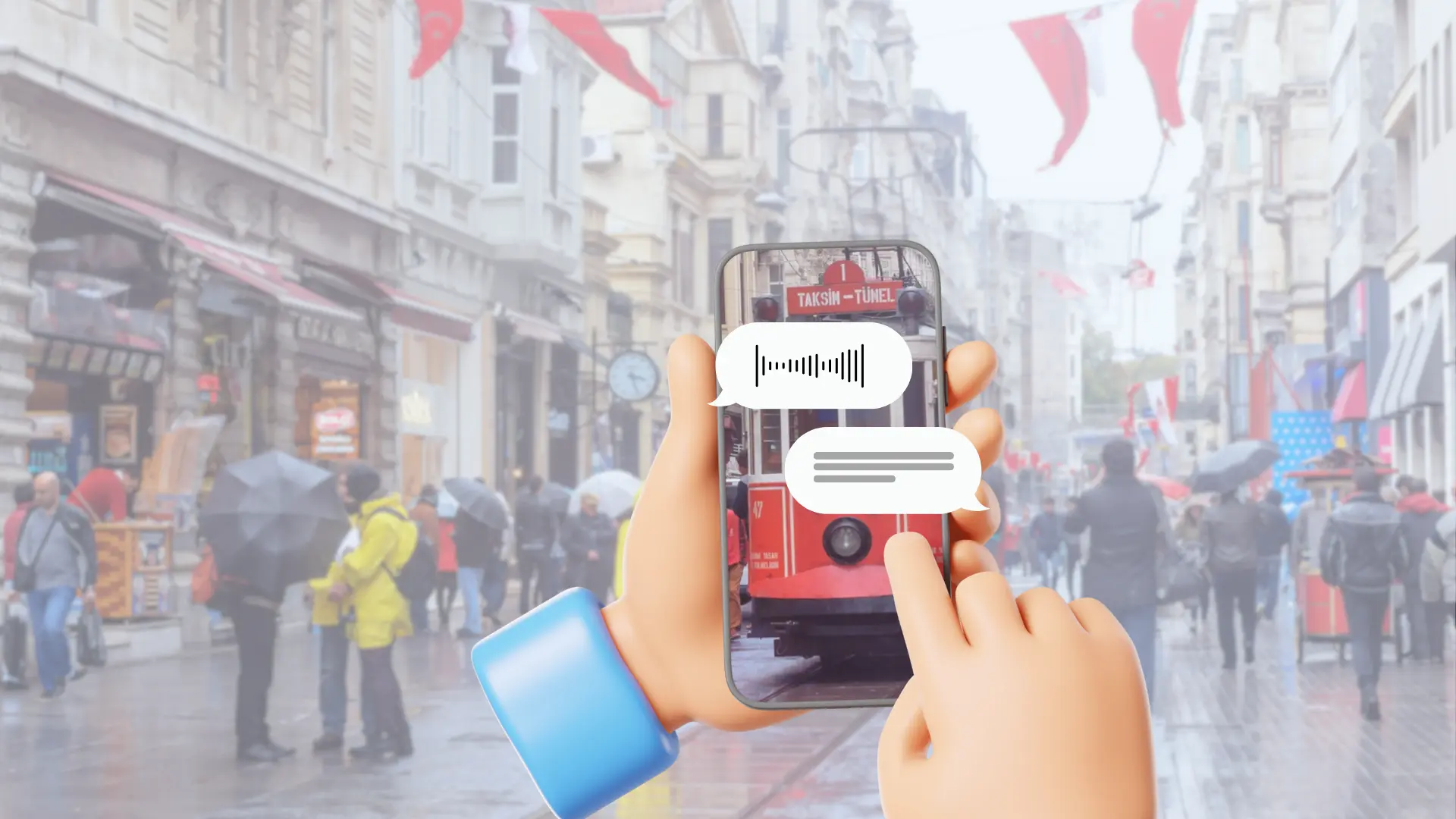
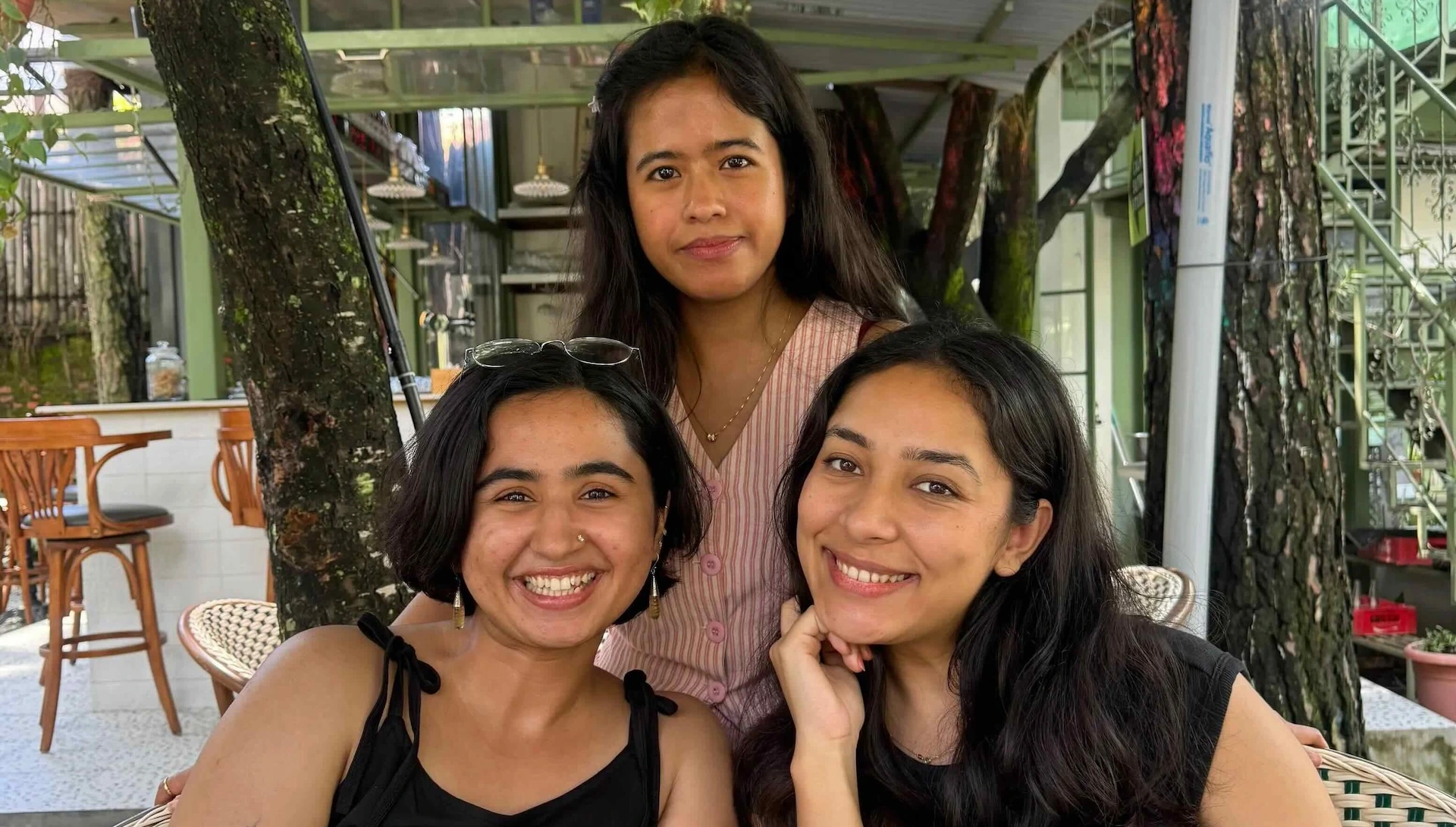
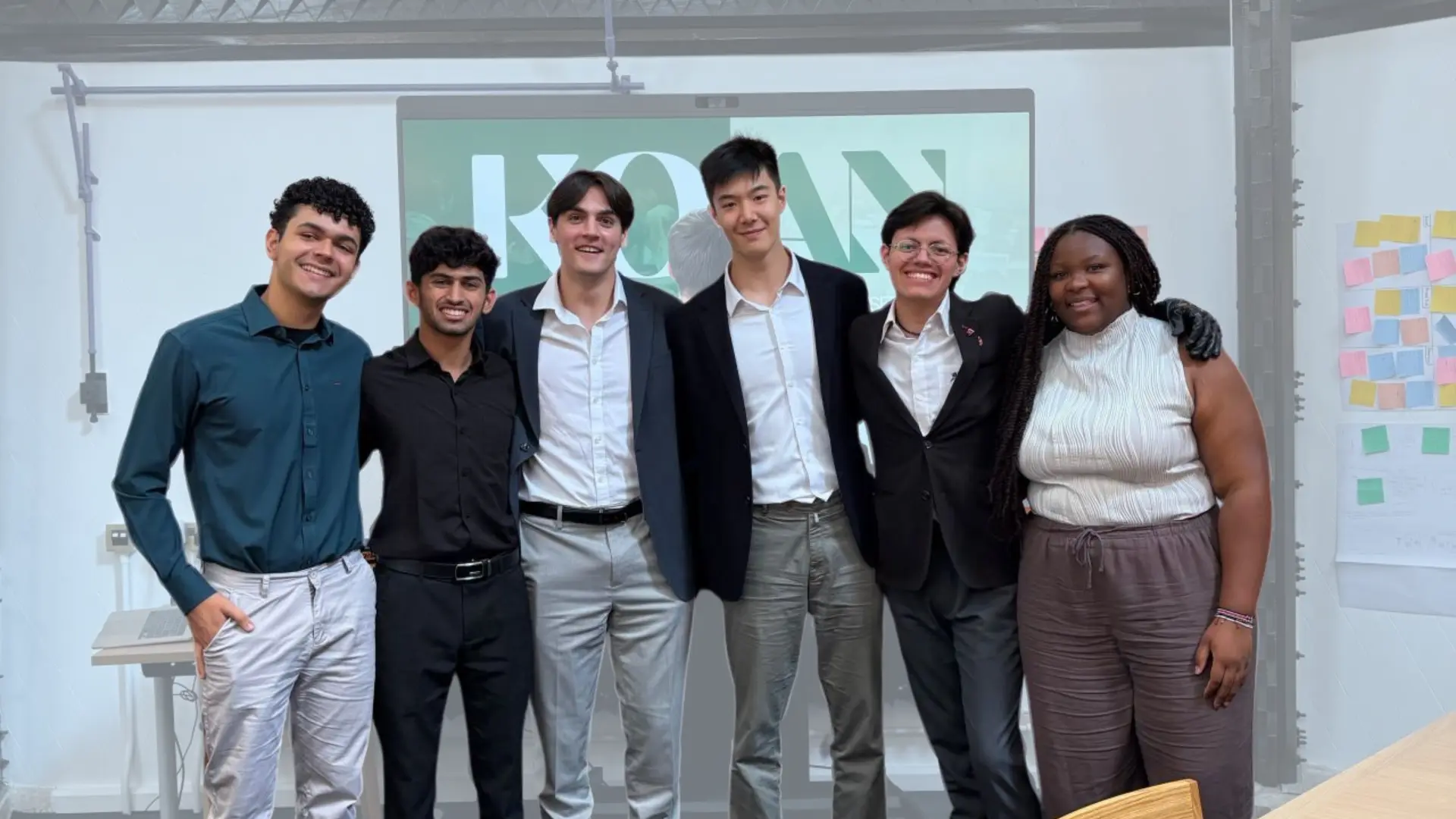
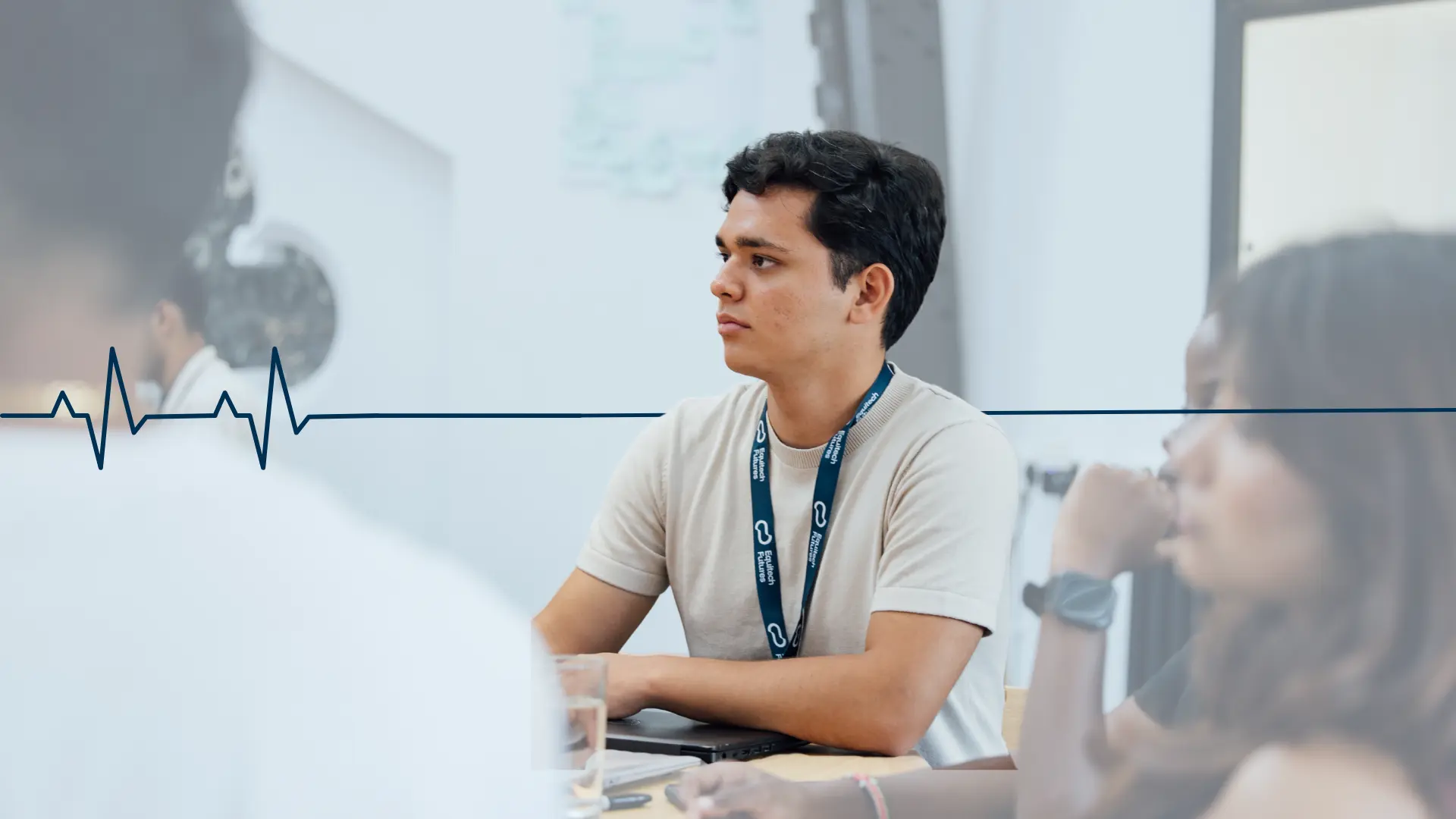

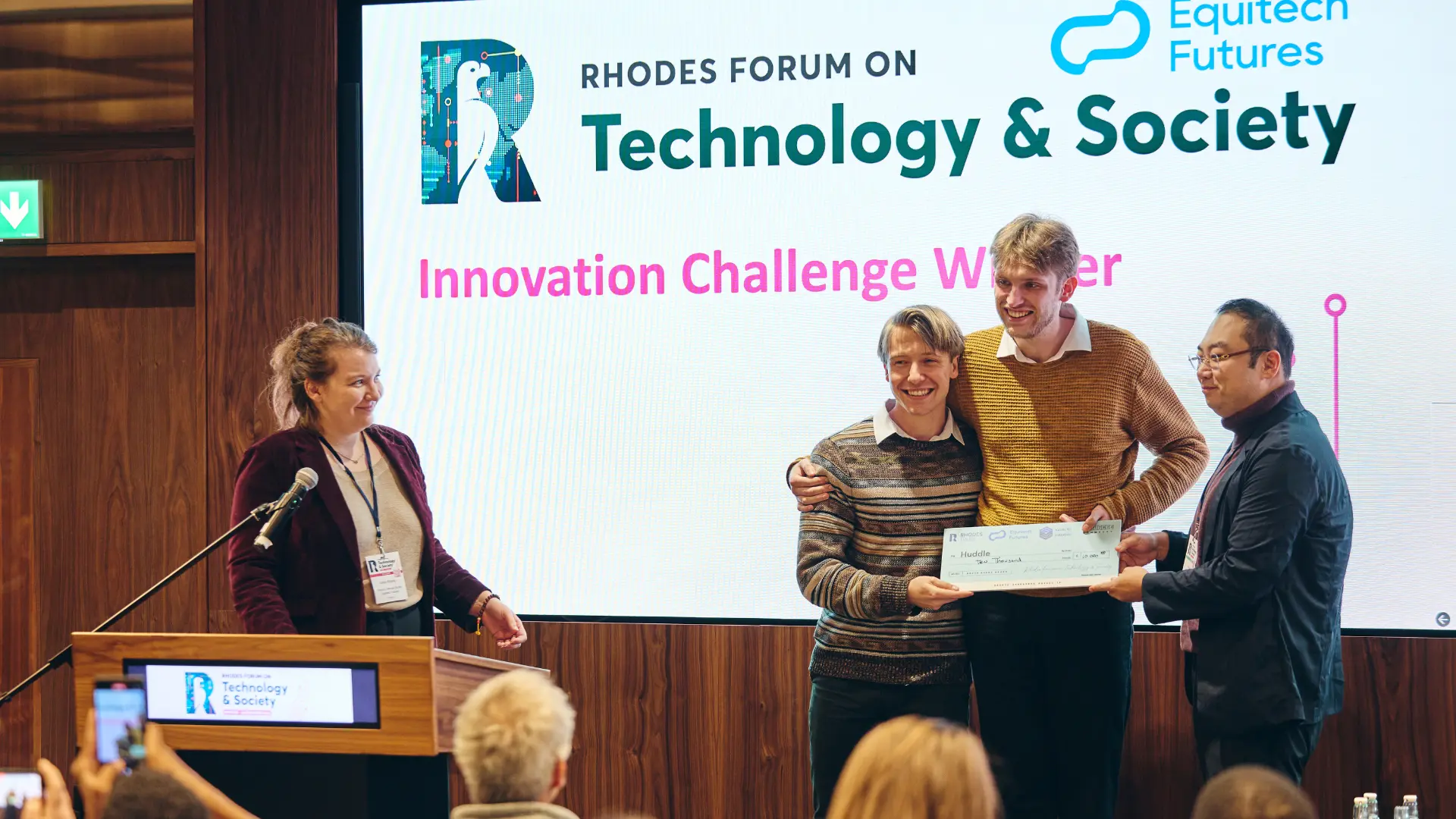







.webp)




.webp)


.webp)









.webp)














.webp)

.webp)


.webp)


.webp)






.webp)



